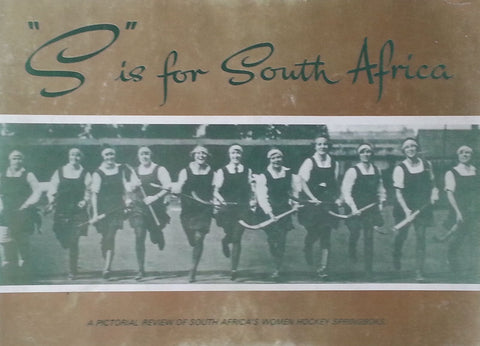I Ching for the 'African Renaissance'
R 325.00
Publisher: Nomadic Exploration Press (2006)
ISBN-13: 0869706489
Condition: Very good. Slight rubbing and slight edgewear to the covers. Small instance of foxing to top edge of textblock. Internally clean and clear. A tightly bound copy.
Binding: Softcover
Pages: Unpaginated
Dimensions: 19.4 x 12.5 x 3.5cm
SKU: IZ7111
Weight: 0.65kg
Price: R325.00
One direct response (a mirror response in a sense) to Mbeki's call on artists and thinkers to take up his utopian vision (termed "African Renaissance"), was offered by Andre Venter who published I Ching for the 'African Renaissance' in 2006. Before its publication a proof of concept work for the artists' book was exhibited at the Aardklop cultural festival and later at the University of Johannesburg. The exhibition curated by David Paton was entitled "Navigating the Bookscape". The work's position takes "renaissance" to mean: a radical change in "systems of thinking". Venter's comment through the "I Ching for the 'African Renaissance'" was complex (both aimed at material and symbolic practices), but it illustrated (in an empirical sense) how unlikely it was that radical change could occur in our "systems of thinking" in South Africa at the time of its publication. Venter showed — through this "limit-experience" — that to allow chance to play a role in the transformation of "govern-mentality" in South Africa was near impossible. The work posits chance as the only escape from a "system of thinking" which limits our ability to imagine alternatives to how we have come to think of ourselves as Africans. He did so by presenting President Mbeki's office with a leather bound, hand made copy of the artists' book — "I Ching for the 'African Renaissance' - and waits for a response. The soft cover (first edition) is out of print, but a digital version is available through the Internet Archive. An uncommon attribute of the publication is that it makes no claim to an Author. This strategy led both Wits University and the University of Johannesburg libraries to use derivatives of the publisher's name, as the author name, in order to classify the book.












